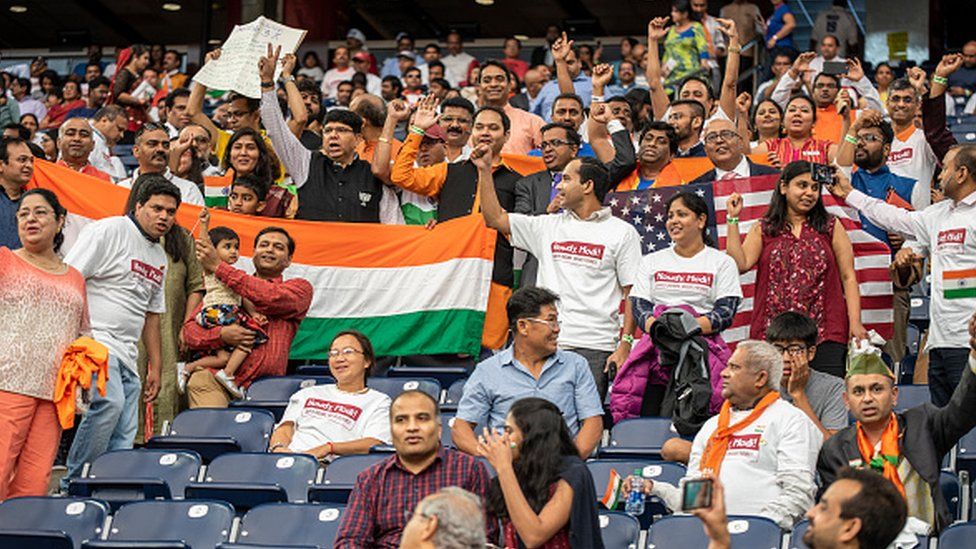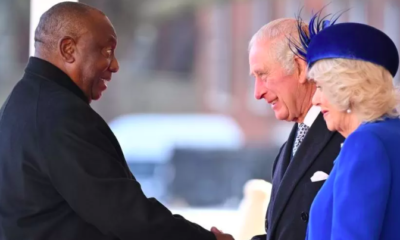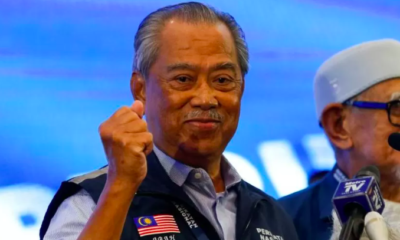
The US states of Colorado and Michigan recently declared 14 April as Dr BR Ambedkar Equity Day. Days before that, Canada’s British Columbia province also declared April as Dalit History Month.
Ambedkar, the planner of India’s constitution, is the revered head of the Dalits (previously untouchables), who experienced their humble situation in the position order. He was brought into the world on 14 April 1891.India’s constitution and courts have long perceived lower positions and Dalits as generally burdened gatherings and offered securities as amounts and against biased regulation. Presently Dalit activists and scholastics, especially in the US, are attempting to acquire comparative acknowledgment in the West, where the Indian diaspora has frequently strived to be the “model minority” – yearning, industrious settlers who acclimatize flawlessly into the country.” Ambedkar once cited, ‘Assuming Hindus relocate to different districts on the planet, Indian rank would turn into a world issue.’ That is unequivocally what’s going on now in the United States,” Rama Krishna Bhupathi of the US-based social liberties bunch Ambedkar International Center told the BBC.Dalit activists express that for quite a long time, segregation rehearsed by upper-standing Indians – particularly in colleges and innovation firms – didn’t definitely stand out.Yet, throughout the course of recent years, many have been standing up.In a September 2020 episode of the NPR show Rough Translation, a tech representative utilizing the moniker of Sam Cornelius talked about associates congratulating him to sort out whether or not he was wearing the white string worn by men of the Brahmin position.”They will call you for a dip, you know? ‘Hello. How about we take a dip’ – in light of the fact that everyone takes their shirt off. Furthermore, they all realize who are wearing strings, who are not,” he said on the show.Others additionally discussed feeling apprehensive and awkward as Indians asked each other their station at college parties.Crafted by activists from underestimated positions and an ascent in on the web “safe” spaces have expanded the perceivability of this issue as of late.The Black Lives Matter fights, which heightened after the homicides of George Floyd and Breonna Taylor, likewise made a difference, said Sonja Thomas, an associate teacher who battled for position assurances at Colby College in Maine.South Asian Americans are currently considering how against Blackness in their own networks may be educated by casteism, she said.One significant change in the previous 10 years, Ms Thomas made sense of, is that numerous from the upper-stations are additionally wrestling with their verifiable honor.”However we are largely knowledgeable in the tales of how our moms and fathers came here with one bag and a modest bunch of dollars in their pocket, we have minimal comprehension of how ages of position honor in India helped prepare for our folks, us and our youngsters to do well in this country,” narrative movie producer Kavita Pillay said in the Caste In America series financed by the Pulitzer Center. Activists say a significant second in the US was the province of California’s 2020 claim against IT aggregate Cisco and two of its predominant standing representatives of Indian beginning for provocation and victimization a Dalit associate.”The case gave believability to the endeavors that were at that point being made behind the scenes,” the Ambedkar Association of North America (AANA) told the BBC.Not long after the Cisco case became public, a hotline set up by Dalit freedoms association Equality Labs got reports of rank based badgering from in excess of 250 tech laborers in Google, Facebook, Apple and a few different organizations in Silicon Valley.The Cisco case got support from the laborers’ association of Google’s parent organization, Alphabe”It was the initial time an American establishment beyond our nations of beginning perceived position as a huge social liberties issue and one that expected legislative case,” Thenmozhi Soundararajan, organizer behind Equality Labs, told the BBC.In 2021, a different government claim denounced Hindu association Bochasanwasi Shri Akshar Purushottam Swaminarayan Sanstha (BAPS) of taking advantage of Dalit laborers to assemble sanctuaries across different destinations while paying them definitely not exactly the base wages.That very year, the University of California, Davis, Colby College, Harvard University and the California Democratic Party added insurances against station separation in their approaches.A milestone second came in January 2022 when California State University turned into the first and the biggest college framework in the country to add position as a safeguarded class in its approach.The understudy crusade at Cal State had the help of significant worker’s guilds in California which was a “gamechanger” as it featured that standing value was additionally a specialists’ rights issue, Ms Soundararajan said.This fortitude from the work development is supposed to impact more worldwide discussions on station value, she added.”Dissimilar to race which is for the most part founded on skin tone”, the mind boggling nature of the position framework is hard to clear up for Americans, Mr Bhupathi said.”Not set in stone by birth. It figures out where you stand in the various leveled Hindu framework,” he said.Prem Pariyar, a Nepali-beginning intellectual and a lead coordinator for Cal State’s approach change, said he frequently utilized the analogy “rank is the bone and race is the skin” from Isabel Wilkerson’s book as a clarification.The 2020 book – Caste: The Origins of Our Discontents – had thought about the chronicles of standing and race and Mr Pariyar felt it helped spotlight rank separation in the US standard.Mr Pariyar’s experience had been sabotaged by upper-station staff at a scholarly senate of the college who said position separation was “an Indian issue” so why talk about it in an American college?This repugnance for recognizing rank is entirely expected among the prevailing standing, said Ms Thomas, whose work dives into position and orientation in Christianity.





































































































































































































































































































































































































































































































































































































































































































































RSS